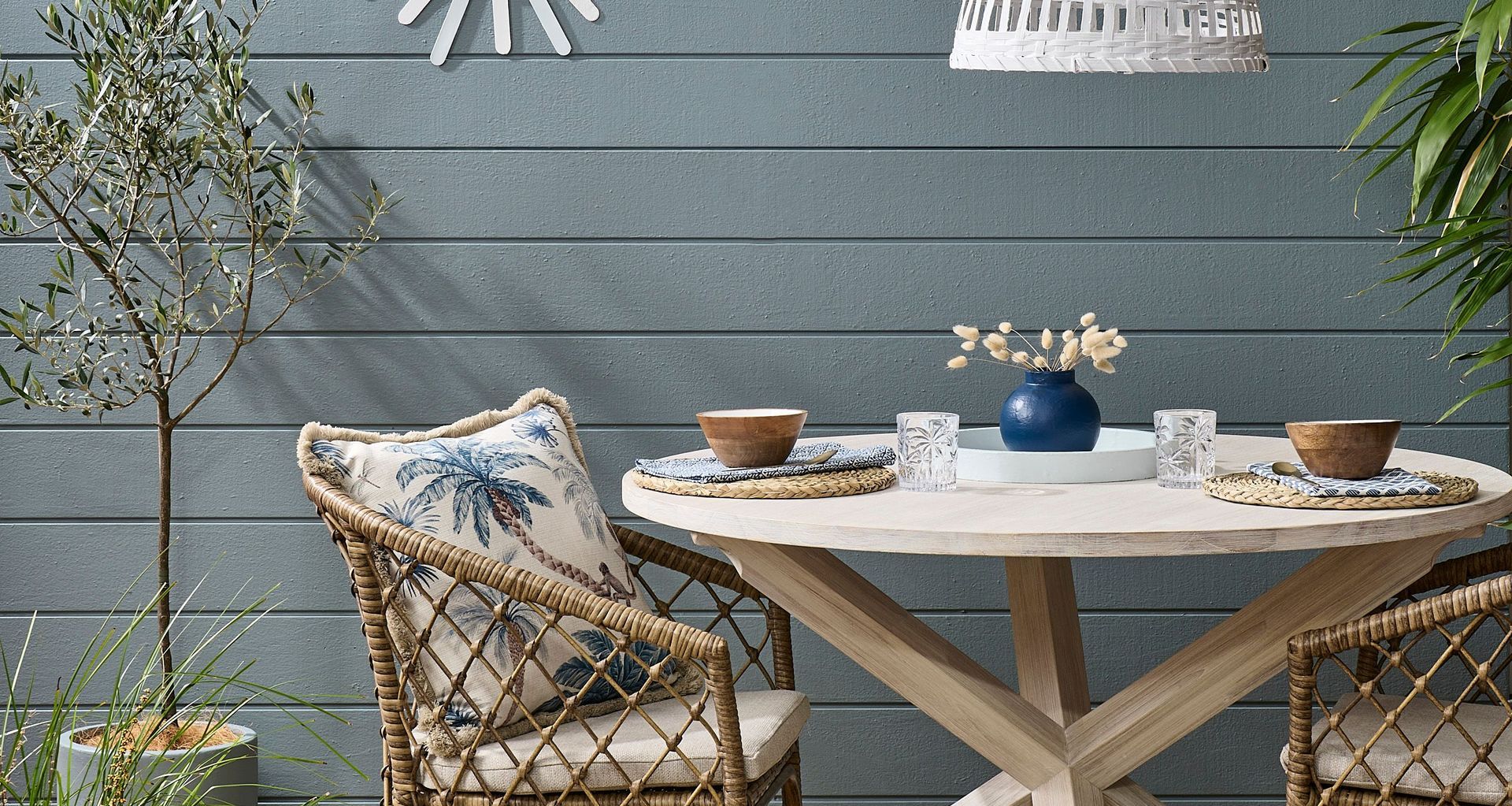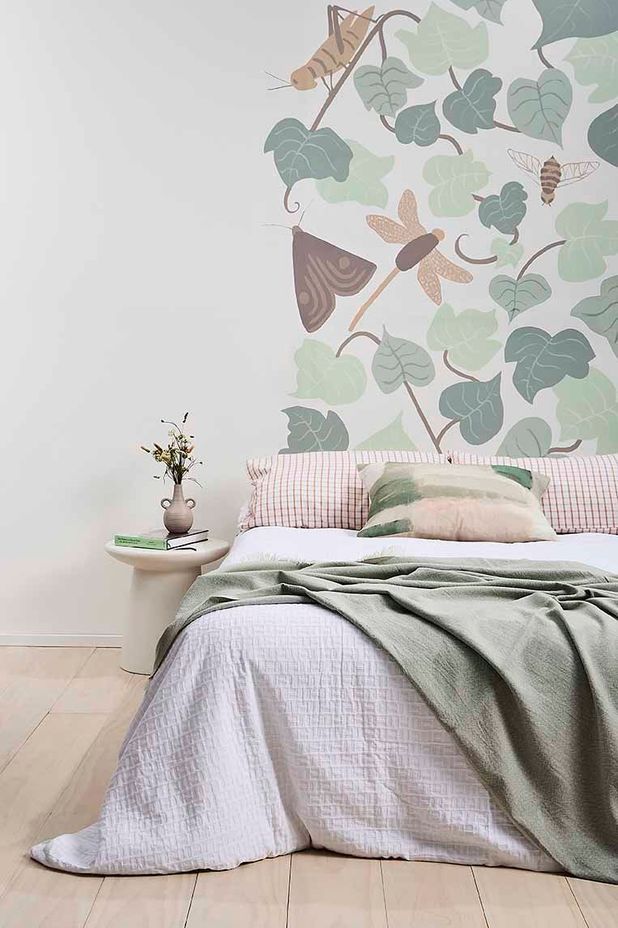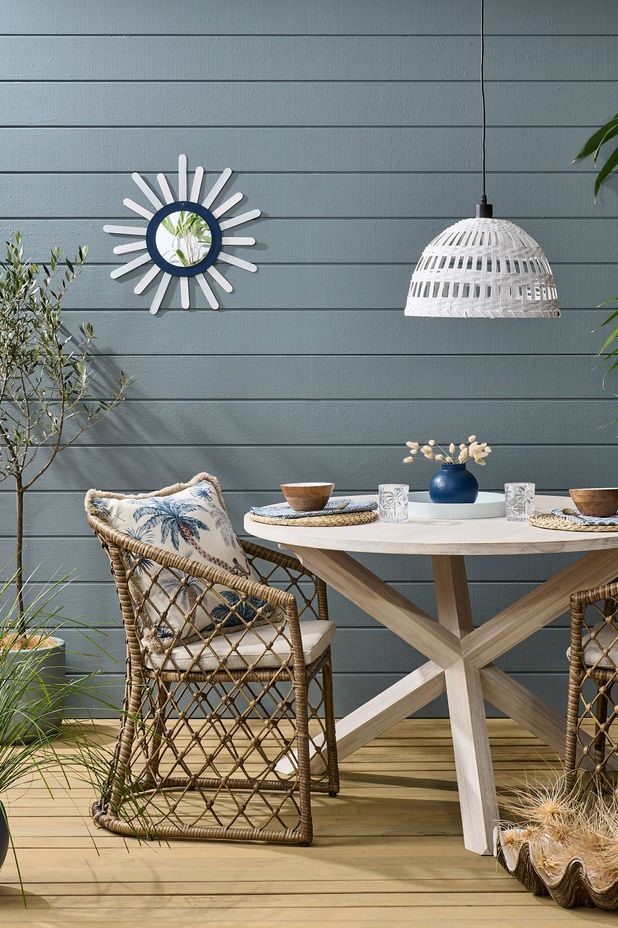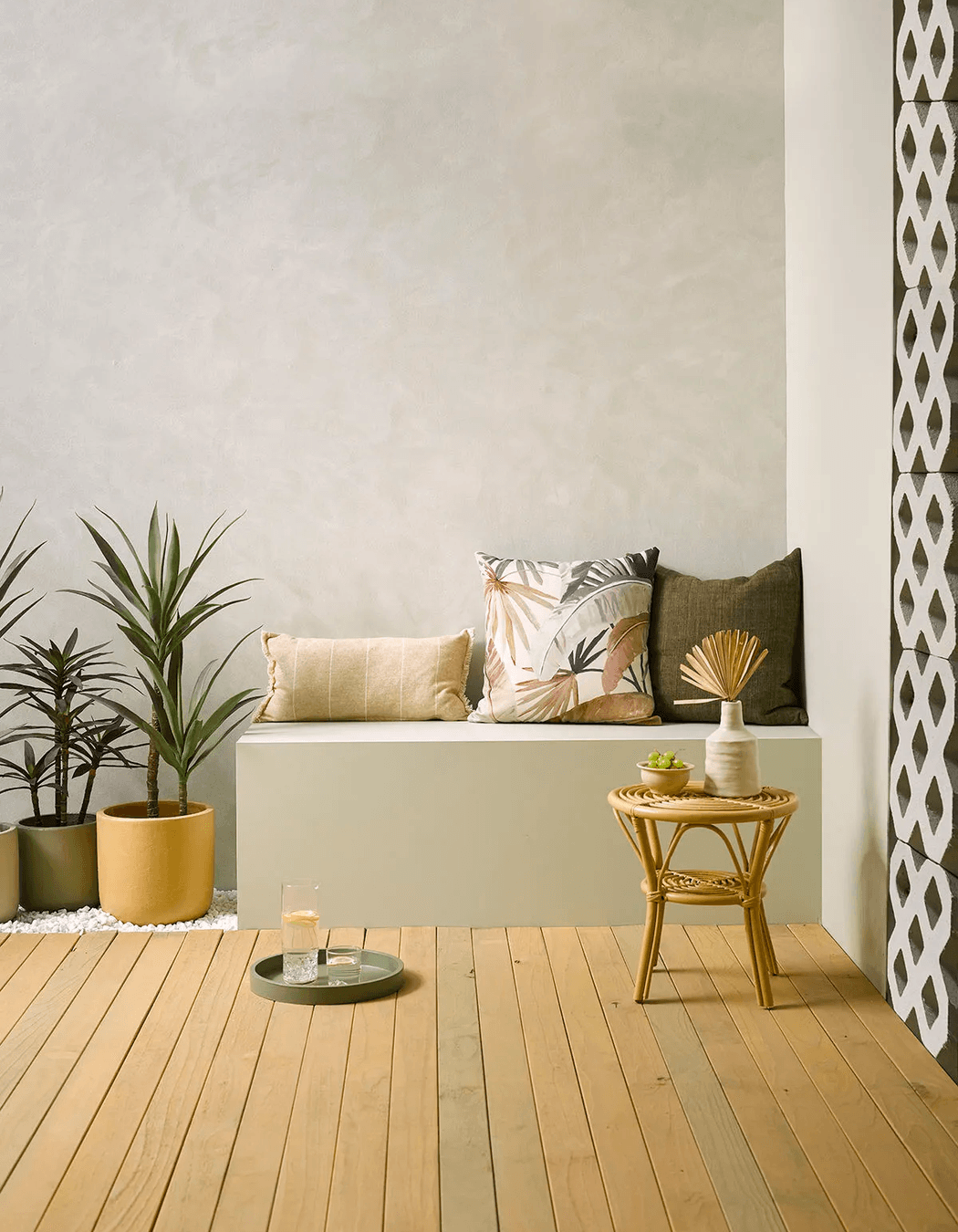A paint company leading the way in plant-based and environmentally-friendly paint products
Written by
29 June 2023
•
3 min read

Every year, the design world waits in anticipation for the PANTONE Colour Institute to reveal the Colour of the Year. In 2023, the winner is PANTONE 18-1750 Viva Magenta, a powerful red that draws inspiration from nature.
“The Colour of the Year, 2023, is inspired by the red of cochineal, one of the most precious dyes belonging to the natural dye family,” says Leatrice Eiseman, Director of the Pantone Colour Institute.
In a technology-driven world, more and more people seek inspiration from mother nature when it comes to decorating their homes. Looking at the design industry’s colour predictions, warmer hues representing nature’s colour schemes are gaining popularity. Read more in the Resene x ArchiPro Colour Forecast 2023.
Furthermore, with the rise of the conscious consumerism movement, the demand for environmentally friendly, plant-based or vegan products is increasing.


Resene is at the forefront of plant-based colour technology
New Zealand-based paint supplier Resene is at the forefront of plant-based colour production and set out to correct the misconceptions about ‘renewables’ in regard to paint colours. The manufacturing process of plant-based paints is similar to traditional paint, except it doesn’t use oil products or animal by-products. All ingredients are derived from plants and minerals.
“Most paint systems have been based on organic polymers using combinations of carbon, hydrogen and oxygen sourced from fossil hydrocarbons, which most people call ‘oil’. Minimising the use of fossil hydrocarbons is a priority for the paint industry, and our research focuses on using carbon from biological sources, which can be recycled into the atmosphere and then back into plant growth without increasing atmospheric carbon dioxide – hence the term renewable,” explains Greg Percival, Senior Chemist at Resene.
Greg and his team have developed new hybrid waterborne alkyds, which replace solvent-borne formulas and provide a more durable film and smoother finish without the apparent yellowing from solvent-borne enamels.
“Alkyd polymers based on plant oils, such as linseed and castor, can be formulated with 60-95 per cent renewable content depending on the required paint properties. And for higher performance, we can combine them with other polymers to create hybrid waterborne alkyds,” says Greg.
And the good news is that waterborne alkyds meet the Environmental Choice standards.
Environmental Choice-approved Resene interior colours

Eco-conscious homeowners and DIY renovators can choose the following Environmental Choice-approved products:
- Resene Room Velvet low sheen hybrid waterborne alkyd for interior walls
- Resene Waterborne Lusta-Glo semi-gloss hybrid waterborne alkyd for trims
- Resene Woodsman Decking Oil Stain hybrid waterborne alkyd for decking
- Resene Waterborne Super Gloss, a gloss hybrid waterborne alkyd for trims and joinery inside and out
Overall, there are around 1,000 plant-based paint colours available tinted off Resene’s white paint.
Explore Resene paints and projects on ArchiPro.